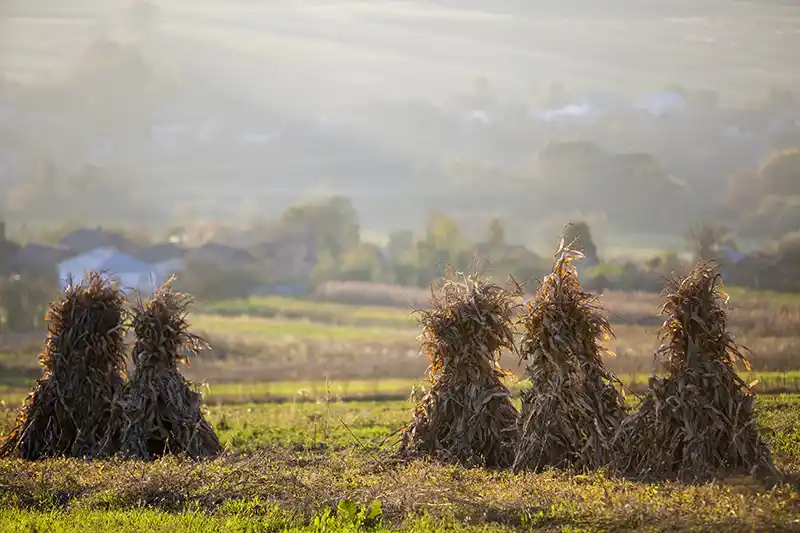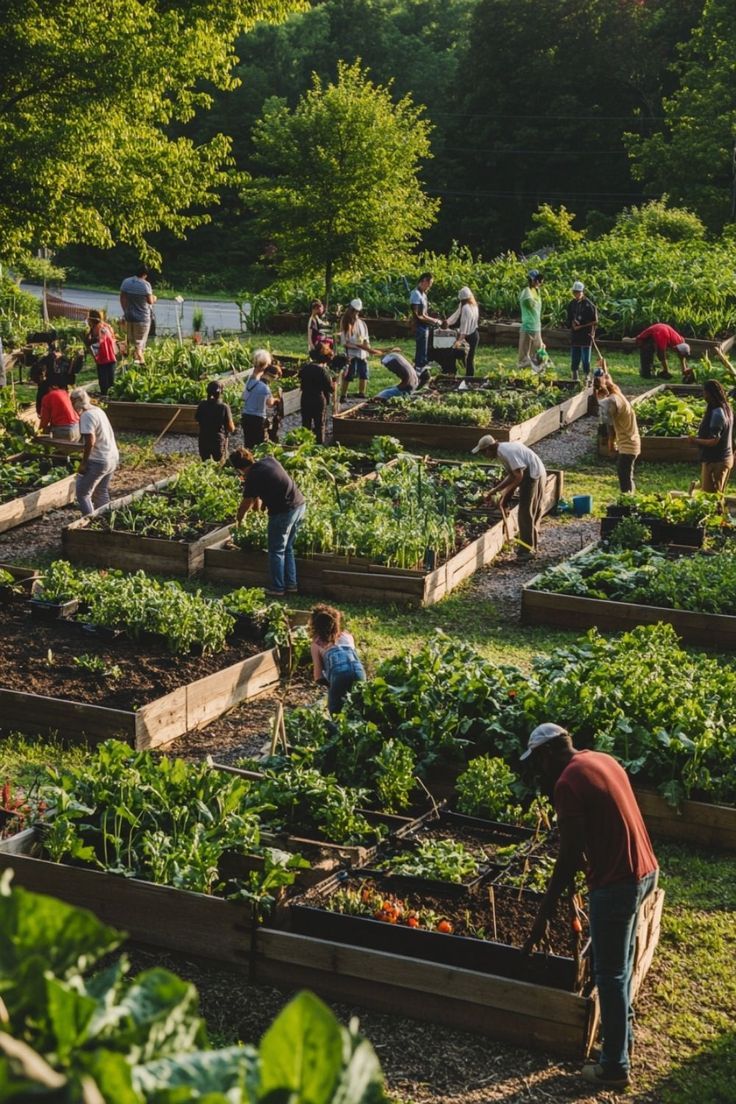- Introduction
Definition of the topic: The worst effects of climate change are now posing significant risks to agriculture, including unpredictable changes in temperature (both average and extreme heat and cold), and water availability (precipitation volume – very destructive rain and drought).
Objective: The purpose of this report is to assess the impact of climate change on Kosovo's agriculture.
Methodology: The research is based on data collected from reliable sources such as various articles, academic studies, environmental agencies and other sources.
- Climate context in Kosovo
Current climate conditions in Kosovo: Kosovo's climate is predominantly continental, resulting in warm summers and cold winters with Mediterranean and Alpine influences (average temperature within the country ranges from +30 °C (summer) to –10 °C (winter)). However, due to uneven elevations in certain parts of the country, there are variations in temperature and rainfall distribution. According to the Kosovo Climate Change Strategy report, climate variability has already changed, with hot spells, droughts, floods, and forest fires making it possible.
- The impact of climate change on agriculture
Climate change risks follow – from rising temperatures to reduced or variable rainfall and water scarcity.
Effects of climate change on agricultural yields: During the summer, the risks of extreme weather events have increased with more flooding and periods of drought during critical periods of crop growth. In winter, variability in snowfall affects groundwater accumulation and cold conditions, affecting fruit set, bite and disease prevalence, and water sources. Finally, unstable spring temperatures are shifting the crop harvest period in Kosovo.
Economic damage caused by climate change in Kosovo's agriculture:
- Kosovo has historically enjoyed a first-mover advantage and high sales prices, especially for blueberries and spinach, due to their early harvest period. Changes in harvest time reduce Kosovo's competitive advantage in markets that are tight and highly competitive.
- During the 2018 blueberry harvest, hot spring temperatures in northern Europe moved the harvest season two weeks earlier in major production areas such as the Netherlands, causing harvests to match those in Kosovo and southern Europe. As a result, market prices were depressed, reducing the profitability of the entire value chain.
- According to the MAFRD report, it is said that Kosovo's agriculture has lost around 5.4 million euros in damages in 2022 due to the effect of climate change on agricultural yields.
- Adaptation and Protection from climate change
Kosovo's farmers must adapt to different climates and growing environments to protect their livelihoods and keep agriculture as a sustainable business. USAID's Agricultural and Rural Opportunities Activity (AGRO), implemented by Tetra Tech, has designed innovative technologies and activities, including advanced irrigation and fertilization systems, anti-snow systems, and new plant varieties. We partner with the private sector to test and scale up these technologies and provide timely advice to increase the adaptive capacity of farmers. These activities have helped them maintain their competitiveness and build the capacities they need to be sustainable and develop in a different climate and a dynamic market.
- The Role of Public Policy and International Cooperation
The Ministry of Environment, Spatial Planning and Infrastructure (MMHPI) identified the need for technical and legal support to help the successful implementation of Kosovo's Climate Change agenda. As part of this, MMHPI sought technical expertise in greenhouse gas (GHG) calculations, with a focus on emissions from the agricultural sector. This will assist in ongoing efforts to update the national GHG inventory leading to the unilateral approval of Kosovo's Nationally Determined Contribution.
- How can we influence the reduction of climate impacts on agriculture
- Farmers can use climate prediction tools, plant cover crops and take other steps to help manage climate-related production threats.
- Livestock producers can get help in recovering methane, a powerful greenhouse gas, from the biogas created when manure decomposes.
- Agricultural producers can strategically apply fertilizers, keep their livestock out of streams and take more action to reduce nutrient-laden runoff.
- Adopt research-proven ways to reduce the impacts of climate change on crops and livestock, such as reducing pesticide use and improving pollination.
- What is important to discuss with farmers in Kosovo regarding the impact of climatic conditions on agriculture
- Changes in weather and temperatures.
- Risk of production decline.
- Strategies for adaptation.
- Need for government support.
- Need for government support.
- Conclusion
Summary of key findings: Climate change risks follow – from rising temperatures to reduced or variable rainfall and water scarcity. Due to climate changes, Kosovo has suffered great economic losses in the agricultural sector, affecting the reduction of agricultural yield.
Recommendations: Monitoring of climatic conditions, adaptation of agricultural practices to climatic conditions, planting of crops that are resistant to current climatic conditions, use of protected agriculture techniques and integrated ecology, government support for agricultural infrastructure are suggested.
References:
https://www.oxfamamerica.org/explore/stories/how-will-climate-change-affect-agriculture
https://www.epa.gov/climateimpacts/climate-change-impacts-agriculture-and-food-supply






